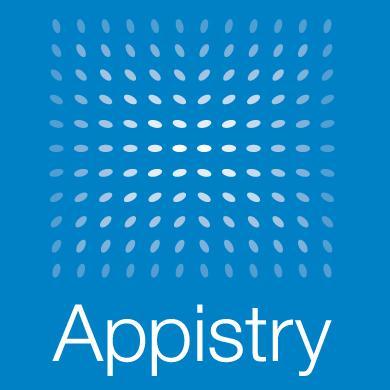
Startup Tackles University Genomics Bottlenecks
Just over a week ago we pointed to a small St. Louis-based analytics company serving the life sciences, financial services and intelligence markets called Appistry. At the time, they released a news item citing positive growth in their own business, while making a few notable predictions about the years to come.
 Today they landed in the news again, this time due to their partnership with the nearby University of Missouri—home of a genomics research hub in the Midwest, the U of M Bioinformatics Consortium.
Today they landed in the news again, this time due to their partnership with the nearby University of Missouri—home of a genomics research hub in the Midwest, the U of M Bioinformatics Consortium.
The University of Missouri will leverage Appistry’s life science platform to boost their ability to handle the I/O and big data demands of plant and animal genomics research. The team will deploy the Ayrris/BIO high-performance computing platform to increase the computational scale of their automated sequencing pipelines and alleviate their data management burden.
As Appistry describes it, Arryis/BIO provides a “high-level application environment that transforms traditional analytic applications into high-performing, distributed applications for NGS. Built around a robust pipeline automation system, Ayrris / BIO shifts the responsibility for data manipulation and management from the researcher to an automated system built for massively parallel execution.”
This sounds like an ideal fit for the university’s genomics research program, which according to a statement today had hit a storage wall and was in desperate need of a data management system. The team will take advantage of the company’s Computational Storage technology in hopes of eliminating bottlenecks and addressing workload management issues at scale.
 The university will work with Appistry to create novel high-throughput computing techniques to develop new pipelines for accurate, cost-effective and high quality genomic data analysis.
The university will work with Appistry to create novel high-throughput computing techniques to develop new pipelines for accurate, cost-effective and high quality genomic data analysis.
According to Gordon Springer, Ph.D., Department of Computer Science and Scientific Director, University of Missouri Bioinformatics Consortium, “Our ability to quickly and efficiently carry out the early and secondary analysis of sequence data to answer important questions about plant, animal and human genomics problems with new state of the art technologies is like the opening of a new bridge on the path to discovery. Where we end up is unknown, but that’s what makes it so exciting; to be able to discover new things about ourselves and nature.”
Related Stories
Appistry Weaves Vision of Big Analytics Growth
Scale-Out NAS Powering Genomics Business
Genomics Project Taps SGI for Big Data Needs



























